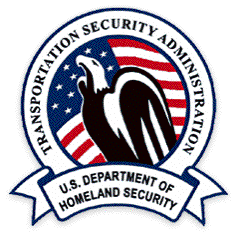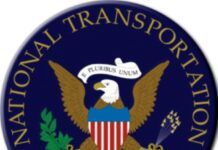
The TSA declined an invitation to participate Thursday in a House hearing to discuss how to improve pilot certificates — the same certificates that the TSA does not currently accept as valid identification. The TSA was asked by Congress in 2004 to work with the FAA and other agencies to create biometric ID cards for pilots that would serve as secure identification cards and flight certificates. So far, the agencies have failed to come together with a plan. They have instead pursued more limited independent approaches and have not yet implemented a universal solution. Frustrated House Transportation Committee Chairman, John Mica, has reportedly threatened to subpoena TSA Administrator John Pistole “to get some responsiveness” from the agency. The TSA told NextGov.com that it doesn’t have oversight of the FAA and “reached out to Chairman Mica to explain its reasons for declining the invitation” to attend the hearing. The FAA, which did attend, offered its own explanations for its slow progress on the matter.
At the hearing, FAA Associate Administrator for Aviation Security Peggy Gilligan said that, unlike the TSA, the FAA does not have the expertise or infrastructure needed to collect or store biometric information. And because the TSA has worked on its own program with the Air Line Pilots Association, the FAA was concerned it might end up duplicating those efforts. But the TSA’s program targets commercial pilots, would use airline identification cards and employee identification numbers and offers less than the all-encompassing solution Congress is seeking. Meanwhile, as of this month, all pilots should have the new laminated pilot certificates that incorporate designs and holograms intended to make them harder to counterfeit. But those certificates still do not include biometric data. The FAA’s latest efforts may come closer to answering that call, but it will take more time.
In 2010, the FAA proposed a rule that would require pilots to submit a digital picture, or receive their certificate in person from a processing station. The comment period for that rule ended in February and the rule itself has not yet been finalized. When it is, and if it follows the proposed rule, it will be phased in over a five-year period. In plain English, that means the call set out by Congress in 2004, as a reaction to the events of September 11, 2001, will be answered by the FAA in roughly 2016.


































